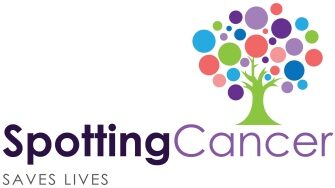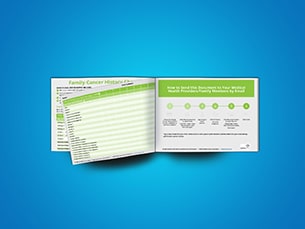You probably have your mother’s eyes or your dad’s nose, or even your aunt’s smile. Maybe both you and your cousin’s pinky toe is slightly bigger than the one next to it. This is because you and your family share the same genes. Along with physical similarities, there are often commonalities shared between family members and genetic diseases.
Being aware of your family cancer history can help you manage your long-term wellness. It will provide you with a better understanding of your risk for cancer and can even help you beat the disease.
To assist your medical team in evaluating you and deciding which tests and screenings you should have and at what age to start, it is essential that they know your biological family history.
Here’s some general information on how you can keep track of your family cancer history and your health.
- Gather and record your family history for three biological generations. If you’re adopted, ask your adoptive parents if they have medical records from your biological family.
- Work with your family to gather details including which relatives have had cancer, how many times, their age at diagnosis, the type of cancer and the number of years that they have been in remission.
- Make a copy of these records for your medical team and family members.
- Consult your doctor about your family history and work out a plan for what types of cancer tests and screening you should have and how often. Schedule those appointments if necessary.
- Update your family history records when needed and share any updates with your family and medical team.
- Be vigilant. Keep good records, schedule doctor visits, screenings and diagnostic tests regularly.
SpottingCancer.org offers free downloadable charts to make keeping track of your family cancer history easy and efficient, so there’s no reason to wait. Start gathering information about your family history now!
Download our Family History Chart and fill it out so that you can understand your family’s cancer history – it just might be the key to understanding your own genetic history and spotting and surviving in the future!


